Ah, the infamous potty training. You’re excited to put an end to diaper changes and watch as your toddler becomes more independent and learns to use the toilet on their own. However, your kid is three and is still having a hard time learning how to use the potty. He or she is notorious for asking for their Pull Ups every time they have to use the bathroom. What’s the deal here? Was it too early for potty training? Should you prolong potty training? How do you know they’re ready to start? Why aren’t you having potty training success? Is your kid ever going to learn? Will they be a teen and still be in diapers? Not so fast. No need to be afraid just yet.
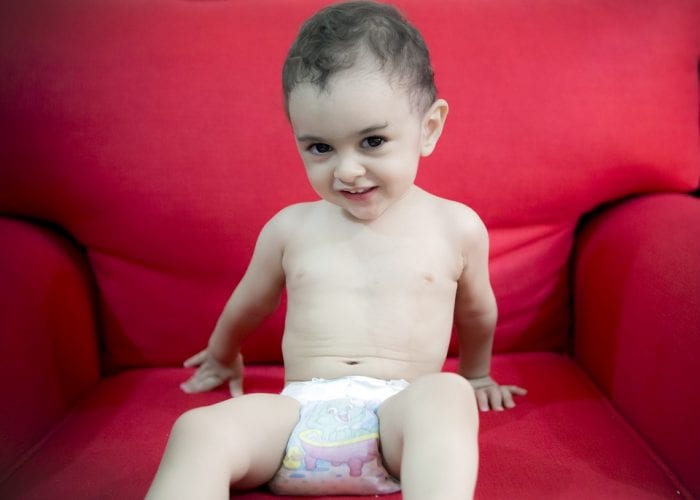
This is quite common. Society tends to imply that when your kid is two, they should know how to use the toilet. If they don’t, then something is wrong. However, by three years, a good chunk of kids aren’t toilet trained to the fullest extent. Some kids will learn how to use the toilet earlier, and some later. It all depends on the child. Your job is to look for the signs that your child is developmentally ready to start potty training. Children need to be at an age where they are capable of bladder control before they can really have a chance at success for the potty training process.
However, because we feel like children should be toilet trained at a certain age, we feel like a failure if they aren’t. We may even lash out on the child. Neither of these things is the right approach. There are many better ways to potty train your baby or child. Remember that it’s normal when your three year old is refusing to potty train. There’s no right potty training age. You’ll find it’s different from child to child, it’s different for boys and girls, and the methods of going about change from household to household. You need to start when your toddler is ready and use the methodology that works best for the way you do things in your home. That may mean you use Pull Ups, or it may mean you skip using disposable training pants altogether. Some parents will go straight from baby diapers to big kid underwear and make a big deal of it to encourage the child toward using the potty. It’s up to you, so don’t feel pressured by what someone else is doing.
There are many parents who think that choosing to use potty training tools, like Pull Ups or toddler potties, will ultimately hinder the process. The truth is, those things were designed after tons of research into how help could be offered to parents needing to potty train toddlers. There is nothing wrong with using Pull Ups or other types of training pants. In fact, sometimes using Pull Ups will get you to your end result more quickly than other methods. Children and families are all very different, so choose your potty training methods based on your household’s needs.
Don’t Compare Your Kid To Another
The worst thing you could do is make it a race. If your kid has an older sibling who was toilet trained at a younger age, or you know someone who was, don’t compare. It’s not a race or a contest. It doesn’t mean one kid is smarter than the other. Making your kid feel bad because someone else did it faster may give your kid some severe consequences. Again, it’s about when your toddler is ready, not when someone else’s was.
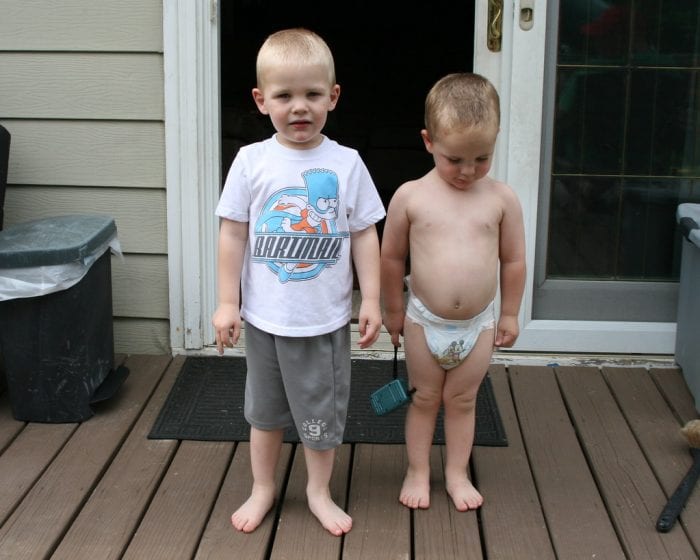
Don’t Yell
It can be frustrating, we know. You just want your kid to use the toilet, so you don’t have to deal with changing them. However, the last thing you want to do is lose your temper. This will make the kid feel bad and is not a good example. If you feel frustrated, talk to a therapist or your friends. Don’t let it out on your kid. They might get stressed out, and all the more that it will be hard for you and your three year old refusing to potty train.
Potty training is not a linear process. Sometimes, your kid may be using the toilet just fine, and then they have an accident. Instead of yelling at them because you think they are regressing, instead, tell the kid that it’s okay and they can try the next time again. There are sorts of tools, resources, and products to help you, too.
You can use training pants, like Pull Ups, when you think it’s time to maybe start potty training. By using a product like this, you can test the waters to see if your little one is ready to start potty training, or not. Pull Ups are designed to help you move your child from baby diapers over to underwear without having to deal with big messes to start. These training pants are like a hybrid between a diaper and underwear. You can have your child in Pull Ups all the time or just use them as training pants at night. They will help prevent your child from wetting the bed while you’re in the process of potty training.
Separate Night And Day Training
One thing you can do to help them train better is to make sure that both pieces of training are different. First, master the daytime training, and then work on nighttime training and teaching your kid to wake up and use the bathroom if they need to. Putting everything on one plate may be too intimidating for your little one.
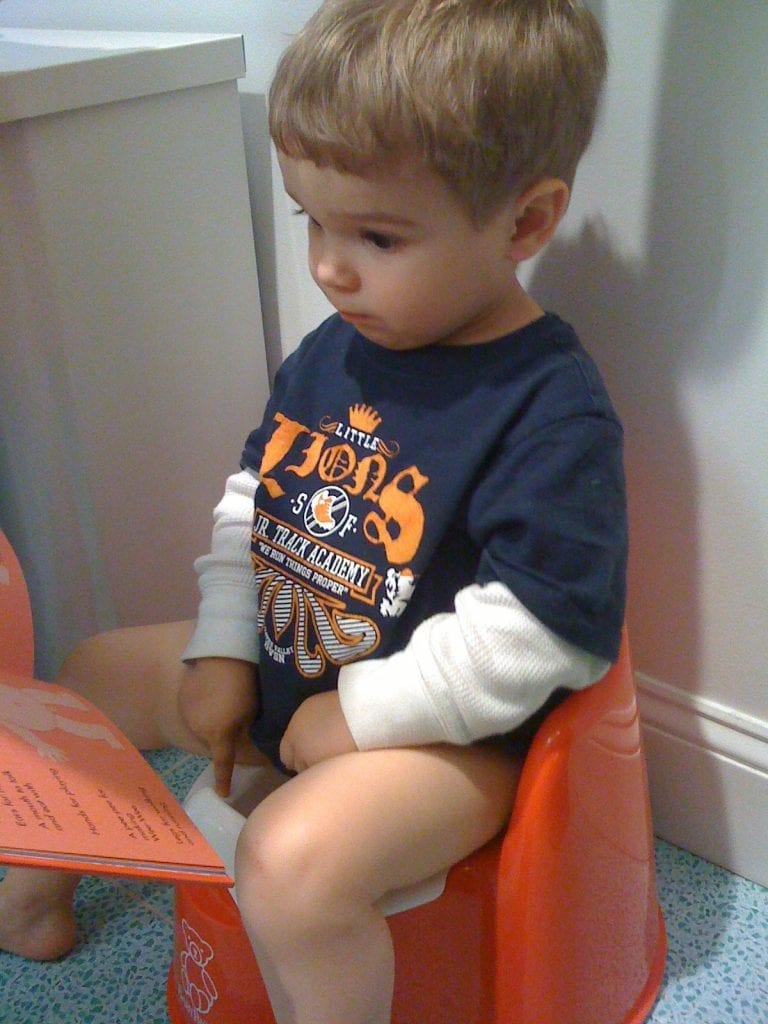
Is Your Child Asking About It?
One way you can tell whether or not your kid is ready for toilet training is if they tell you they have to use the bathroom, or they ask where the toilet is. If your child is always asking about it, this is an excellent way to encourage them to toilet train. If they aren’t talking about it, it may not be the time yet. In any case, if you see signs that they are ready to potty train, don’t miss that opportunity. When it’s the right time, potty training will be easier than if you push them or you wait too long and miss your window.
Can They Pull Up Their Pants And Listen?
Another way you need to make sure that they’re ready for the toilet training process is to see whether or not they are capable of listening to directions and keeping their pants pulled up. If they can, it may be time to toilet train. If they are still having trouble following directions, it may not be the time yet. You shouldn’t have to take their Pull Ups down and pull them back up. Your child should be able to do that themselves.
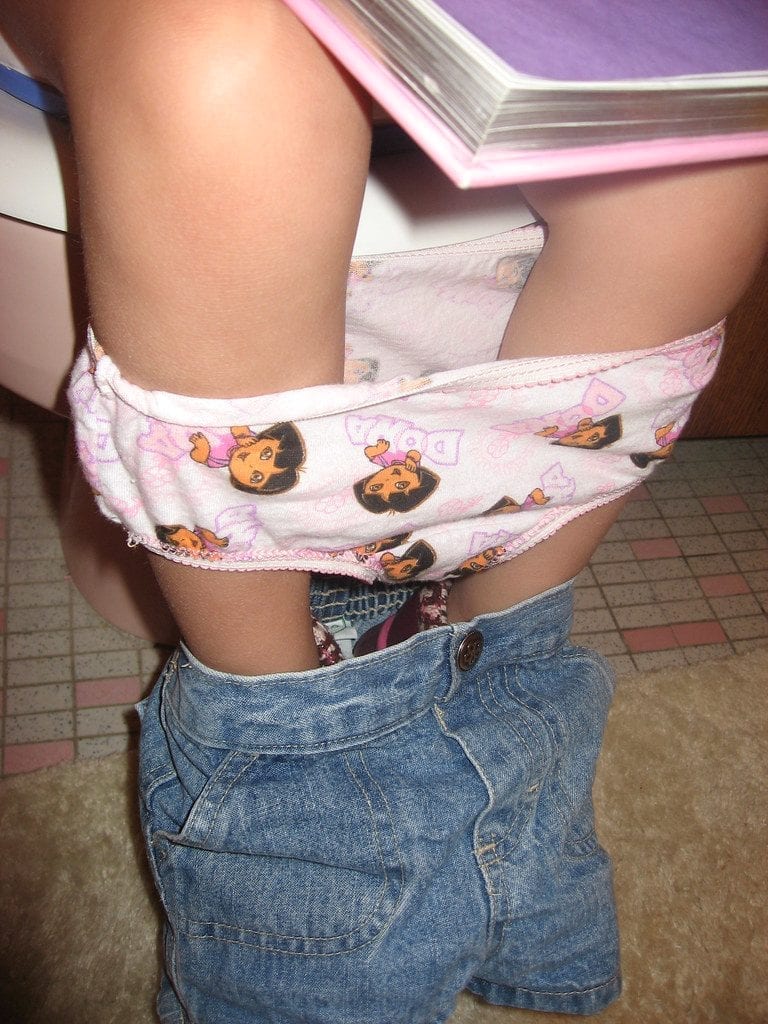
Positive, Not Negative Reinforcement
Rewarding your child for using the toilet is always a good thing. Pat them on the head and praise them. If they continue to do well, give them a special treat. Avoid getting too punishing if they make a mistake, and instead reward them. Something like toilet training shouldn’t require a punishment, as sometimes, they can’t control their movements. Your three year old refusing to potty train will need lots of encouragement.
One thing you can do with them is let he or she pick out the Pull Ups they want. Pull Ups come with different characters on them for potty training boys or girls. It’s a fun thing they can do with you to help get them excited about this new adventure.
Associating Poop With The Toilet
If your kid is still making accidents, instead of tossing the poop in the garbage, put it in the toilet (obviously, not the entire diaper,) and make sure your child is watching this. They may begin to associate using the bathroom with the bathroom.
Keep It Entertaining
When toilet training your little one, read a story to them, and put their favorite toy or doll on the toilet. You want to make toilet time more fun, as the bathroom can be a confusing, scary time for your kid. By keeping things entertaining, you can keep it interesting. You can surround them with their favorite character by choosing the Pull Ups that have it on them and allowing their stuffed toy of the same character to come in go potty with them. Pull Ups typically have Disney characters on them that many kids love to help you with potty training.
Make Sure Their Diet Is Good
If your child is having a hard time being consistent with using the bathroom, it may be the lack of fiber or another poor aspect of their diet. For example, you may be not giving your kid enough fiber, making them constipated and making them pass the stools when they don’t want to. Review your kid’s diet and see if that’s the culprit.
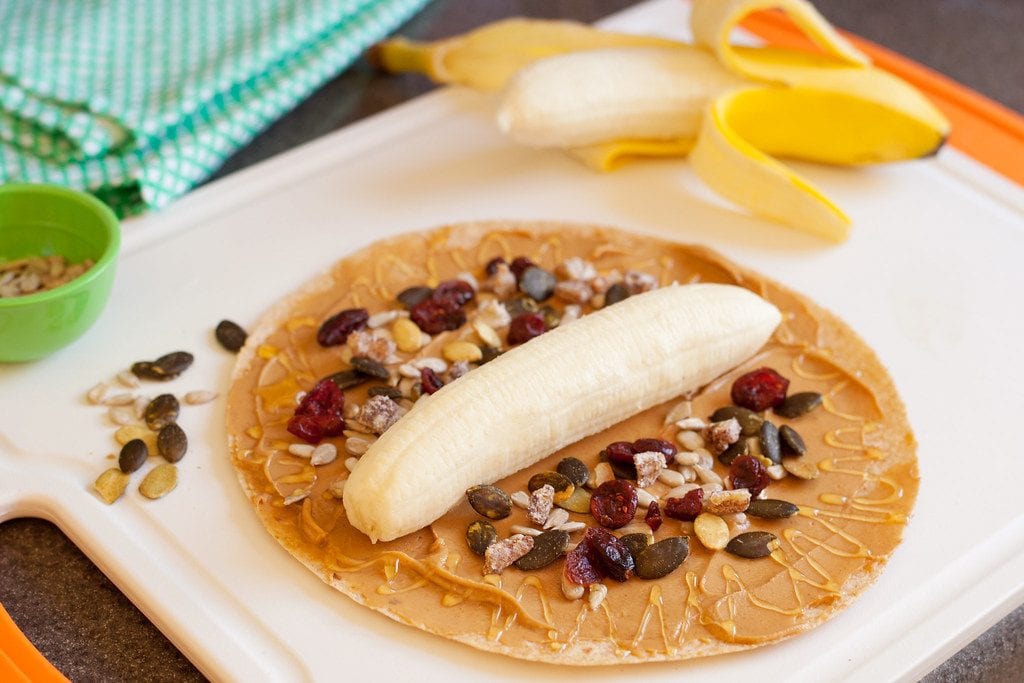
Learn About Your Kid
Toilet training can be stressful, and every kid responds to stress differently. This is a time where you may be able to learn more about your child and see how they handle stress. Everyone does it in their own way, and this can help you figure out how you can take care of your child better.
One way you can do this is to speak to a child psychologist and look at your options. This is also why it’s so important to take on full time potty training when your child is ready to potty train. It’s why using something like themed Pull Ups with characters that you know your child loves can be such a great idea.
Seeking Help
While there are going to be some late bloomers in toilet training, if you feel like their lateness is a sign of a bigger problem, talking to a child psychologist may be a good move. You can learn a lot more about the psychology of your child and figure out if there is an underlying problem, or if your child is just late. You can also review all of their medical information with your child’s pediatrician to see if there is something that needs to be addressed during postpartum care.
We know that toilet training is frustrating, but with a little patience and love, you can succeed with it and be better as a result.
We know that toilet training is frustrating, but with a little patience and love, you can succeed with it and be better as a result.
FAQs On 3 Year Old Refusing To Potty Train
When should I be concerned about potty training?
Children between the ages of 18 and 24 months will already show signs of being ready for potty training. But still, there’s no rush.
Sometimes, there’s a specific age when children are in full time day care that it becomes a requirement that you potty train your child before they are allowed to attend that day care. You should definitely start the training process early enough that you have plenty of time to get them ready for going to day care so that both you and your child can get through it in a calm, and stress free manner.
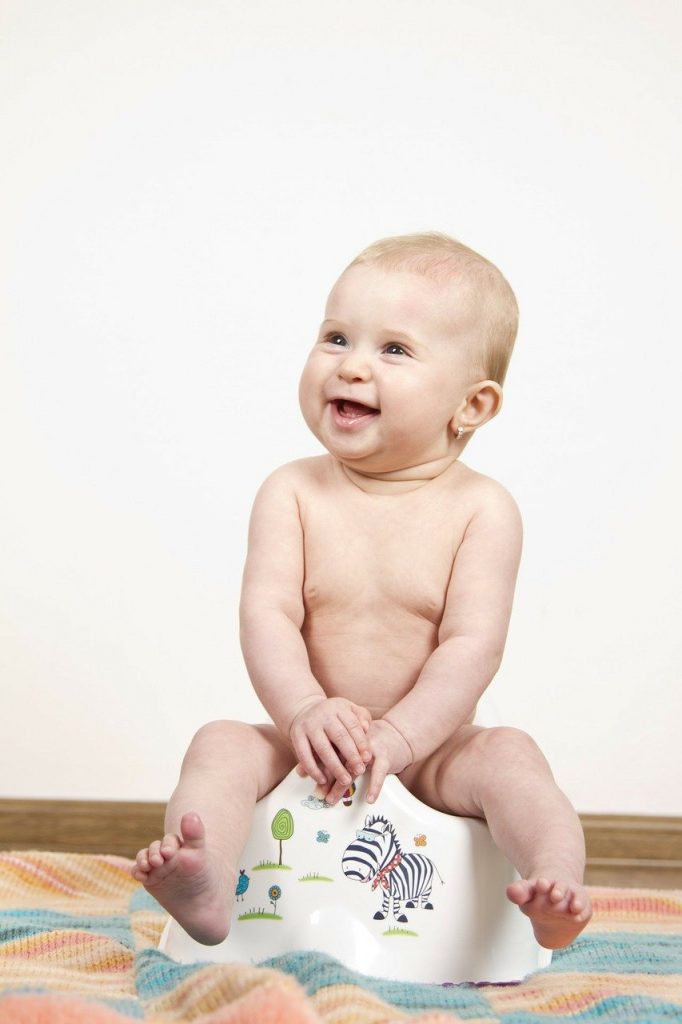
What causes delayed potty training?
There can be a delay in potty training when children experience emotional stress.
What do you do when your 3-year-old doesn’t potty train?
To address your three years old refusing to potty train, you must first seek out vital signs. That is because your child is mostly going to dictate how quickly the potty training goes regardless of the method you use. You can look into getting some Pull Ups to help you with this and make sure you’re always speaking to your child in a positive way with regards to their potty training.
Should a three-year-old be potty trained?
Yes. But note that while kids who begin training at age 2 are generally not fully trained until age 3.
At what age should a child be fully potty trained?
The average for most children’s night train is between ages 4 and 5. Usually, they get fully potty trained by the time they’re 5 to 6 years old. Until that time, they’re usually still wearing Pull Ups sometimes, or some type of training pants at night, at least.
Why is potty training not working?
Sometimes, the child feels uncomfortable with their bowel movement. Sometimes it’s a control and will issue. Other times it can just be a security issue where they might would rather go in their Pull Ups.
How do you introduce potty training to a child?
To potty train a three-year-old refusing to potty train, you have to start removing all the diapers in the house and get your child ready for underwear. Introduce potty and make it fun and relaxing. You can look into getting training pants, such as Pull Ups that have fun characters on them, and allow your child to choose the ones he or she wants.
What is the 3-day potty training method?
Three-day potty training starts in walking your child to the potty every 15 minutes. Cut off all snacks and liquids after dinner while your toddler is in the process so he or she can build up focus. Most people who do this method don’t bother with using Pull Ups or other kinds of training pants, as they aren’t needed.
Are pull-ups worth it for potty training?
That’s up to you. There are different methods for potty training. There are also times when Pull Ups may be very worth it. Aside from the fact that Pull-Ups and similar brands can cost more than baby diapers, the product can be very convenient and comfortable for kids, as well. Whether Pull Ups are worth it or not is really about your preference as a parent. It’s not something we, or anyone else could decide for you.
Do Pull-Ups delay potty training?
At times, Pull-Ups could hinder the process and prolong bedwetting. However, if you use them the way they’re intended to be used, then no, Pull Ups will certainly not delay potty training. So if you want your baby to start the potty train, better use them as they’re meant to be used, and then reduce using them accordingly.
Is age three too late to potty train?
No. A 3 year old refusing to potty train might just take 3 or 4 weeks to complete the process.
What is considered late potty training?
If your child is more than three years of age and is still not on the road to potty trained, that can be defined as delayed. Children who wear Pull Ups at night but underwear most of the time are not late in their potty training. It can take kids up to age 6 to be able to wear underwear at night and not have an accident.
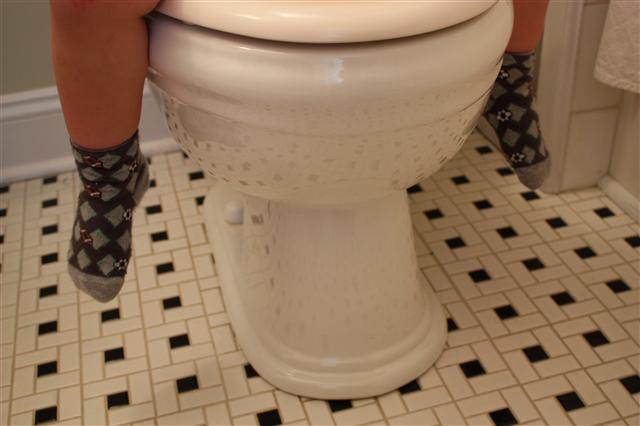
What happens if you don’t potty train your child?
If your child doesn’t understand the need to use the toilet, his or her usual sense of the physical body may cause early signs of failure. They also won’t be allowed to enter day care of preschool in some instances. Sometimes, not potty training a child, by choice, can be considered neglectful.
3 Year Old Refusing To Potty Train Other Resources
https://www.wonderbaby.org/articles/how-potty-train-stubborn-toddler
https://www.whattoexpect.com/toddler/behavior/resisting-toileting.aspx
Last Updated on November 21, 2022 by Nerissa Matidios
DISCLAIMER (IMPORTANT): This information (including all text, images, audio, or other formats on FamilyHype.com) is not intended to be a substitute for informed professional advice, diagnosis, endorsement or treatment. You should not take any action or avoid taking action without consulting a qualified professional. Always seek the advice of your physician or other qualified health provider with any questions about medical conditions. Do not disregard professional medical advice or delay seeking advice or treatment because of something you have read here a FamilyHype.com.